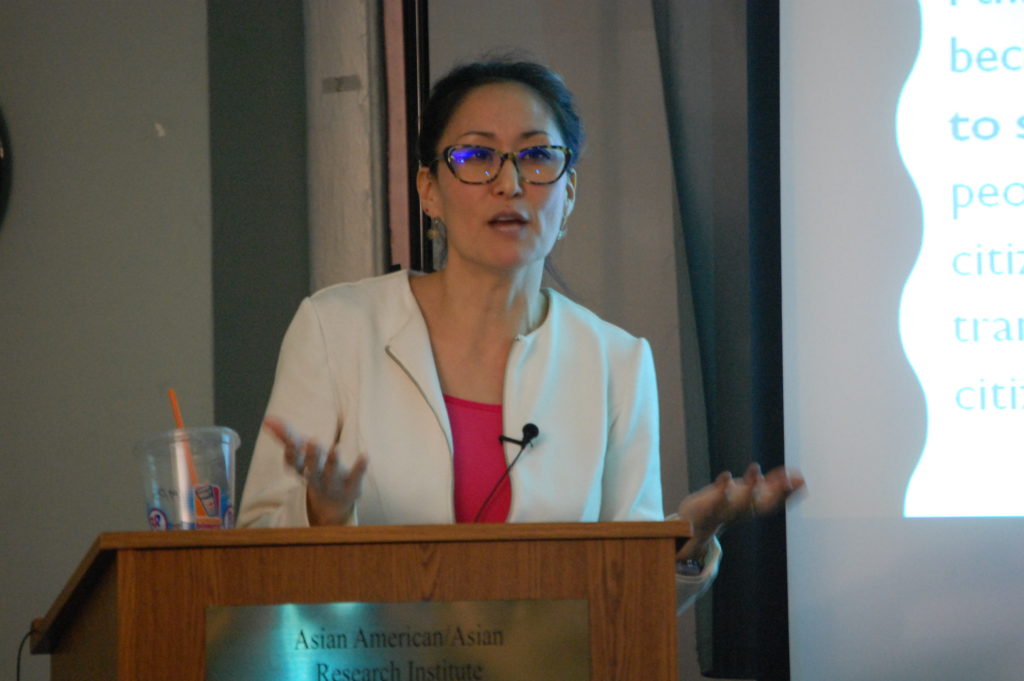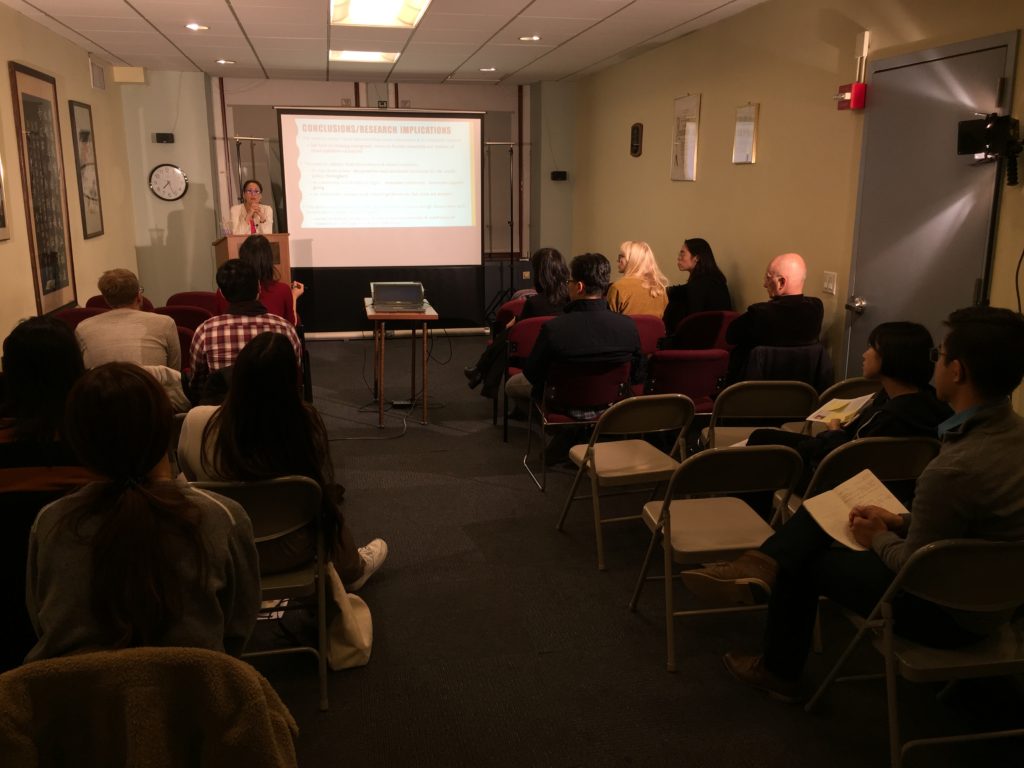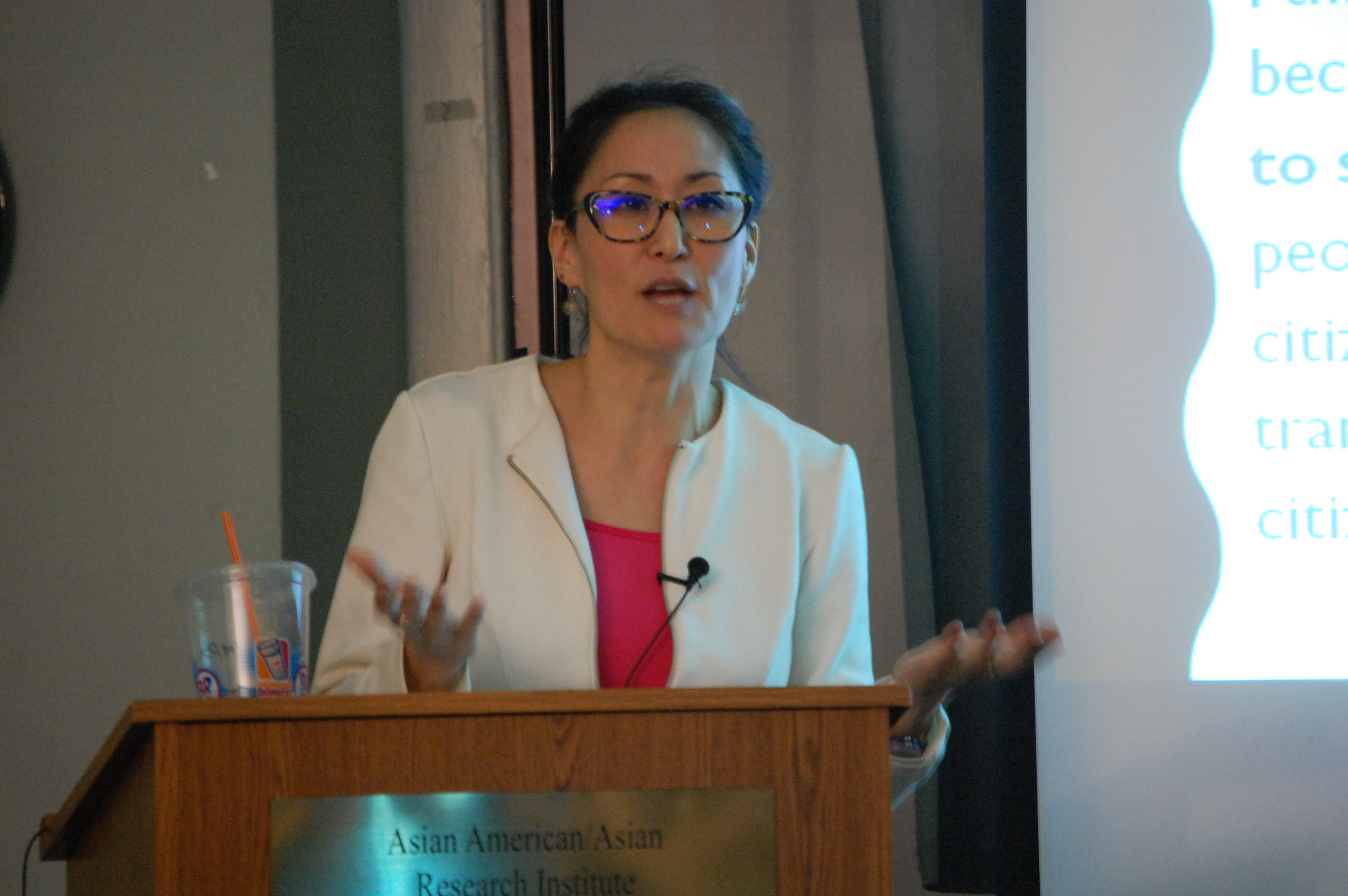
In recent decades under runaway neoliberalism, “foreignized” and unauthorized immigrants have increasingly made political inroads by way of grassroots community activism and by sidestepping the need for formal political channels and, at times, even dismissing them. By way of nearly four years of ethnographic observation, 49 in-depth interviews, and extensive document analysis, Prof. Nadia Kim focuses on one of these growing Asian and Latin@ immigrant mobilizations, that for Environmental (Health) Justice (and immigration and education justice) in industrial-port Los Angeles. Kim finds that much more than curtailing asthma, the activists see their organizing as battling the ethnoracism and classism that they deem responsible for their varied plights and as the crucible in which they forge their belonging under American nativist racism, now at its apex under President Trump.
Rather than simply draw “us-them” boundaries along race and class lines, however, Kim argues that the activists draw political boundaries in terms of an embodied community suffering, in particular, an embodied racism and classism. As such, the immigrant activists fight for their collective that embodies the pollution, sickness, care work, and emotions of their community; they fight against “the (white) healthy wealthy,” a boundary they draw based on who has the power to commit, or benefit from, what Kim calls bioneglect and who thus have healthy, mobile bodies. In exploring the aforementioned inequalities of the body, this talk also addresses emotionality – a form of embodiment – namely, the way elites and elite institutions use emotions as a form of power and of maintaining it. The talk will conclude with the implications of learning from some of our most dedicated immigrant activists today and how their new politics of citizenship pivots on inequalities of the body and emotions.


